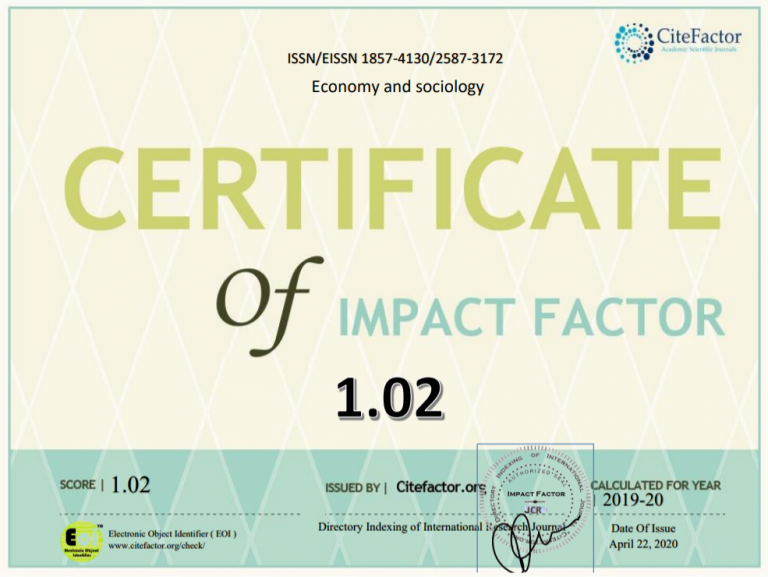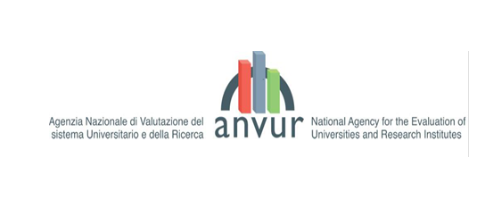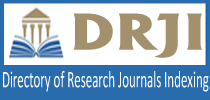INCREASE THE IMPACT OF EUROPEAN FUNDS ON ROMANIAN RURAL DEVELOPMENT THROUGH VERNACULAR EXPERTISE
DOI:
https://doi.org/10.36004/nier.es.2022.2-04Keywords:
European funds, rural development, vernacular expertiseAbstract
It is well known that the projects financed by the European Union generate effects on the entities that implement them, on the interested factors, but also on the regions where they are implemented. These projects aim to develop the regions and achieve the sustainable development. Taking into account a large number of investments initiated through projects at the level of the European Union, it is necessary to evaluate the impact of these projects, respectively, the analysis of the effects created to control whether or not the proposed objectives are achieved. So, in this article, the authors highlighted the main difficulties faced by rural projects, the impact factors in the implementation of projects financed from European funds, and the ways of increasing the impact of European funds from the perspective of rural development. The relevance of the research consists in identifying the impact factors and problems specific to rural areas in Romania and submitting proposals to increase the impact of European funds (based on the Neamt County case study). The research aims to determine the best ways and solutions to increase the impact of European funds from the perspective of rural development. Therefore, the results of the research, especially of the conducted survey, allowed us to conclude that increasing the impact of European funds on rural development can occur through the implementation and use of vernacular expertise, which is also a new element of the study.
Downloads
References
Bleahu, A. (2005). Dezvoltarea rurală, în Uniunea Europeană. Calitatea Vieţii, 16(3-4), 289-300. https://revistacalitateavietii.ro/journal/article/view/573
Bosworth, G., Price, L., Hakulinen, V., & Marango, S. (2020). Rural Social Innovation and Neo-endogenous Rural Development. In: Cejudo, E., Navarro, F. (Eds). Neoendogenous Development in European Rural Areas. Springer Geography (p. 18). Springer, Cham. DOI:10.1007/978-3-030-33463-5_2
Carolan, M. S. (2006). Sustainable agriculture, science and the co-production of 'expert' knowledge: The value of interactional expertise. Local Environment, 11(4), 421-431. DOI: https://doi.org/10.1080/13549830600785571
Ciobanu (Banța), A. (2022). Evolutionary Aspects of the Romanian Rural Environment in the Context of Regional Development and European Financial Instruments. Anuarul Institutului de Cercetări Socio-Umane „C.S. Nicolăescu-Plopșor”, XXIII, 241-248. https://npissh.ro/wp-content/uploads/2022/12/18.-Alin-Ciobanu-Banta.pdf
Collins, H. M, & Evans, R. (2002). The third wave of science studies: Studies of expertise and experience. Social Studies of Science, 32(2), 235-296. DOI: https://doi.org/10.1177/0306312702032002003
Esparcia, J. (2014). Innovation and networks in rural areas. An analysis from European innovative projects. Journal of Rural Studie, 34, 1-14. https://doi.org/10.1016/j.jrurstud.2013.12.004
Eurobarometer Flash 491 (2021). A long term vision for EU rural areas. Country Factsheets Romania. Interviews EU27-25841| RO-1010 (09.04 – 18.04.2021).
https://data.europa.eu/data/datasets/s2278_491_eng?locale=en
Galluzzo, N. (2020). The evolution of Romanian agritourism and the role of European Union subsidies in rural areas. Journal Open Agriculture, 5(1), 159-165. DOI: https://doi.org/10.1515/opag-2020-0017
Gkartzios, M., & Lowe P. (2019). Revisiting neo-endogenous rural development. In: Scott, M., Gallent, N., Gkartzios, M., The Routledge companion to rural planning (pp. 159-169). Ed. Routledge, Newcastle University, Center for Rural Economy, United Kingdom. DOI: https://doi.org/10.4324/9781315102375-17
Lowe, P., Phillipson, J., Proctor, A., & Gkartzios, M. (2019). Expertise in rural development: A conceptual and empirical analysis. World Development, 119, 28-37.
https://doi.org/10.1016/j.worlddev.2018.12.005
Mieczysław, A., & Zwolińska-Ligaj, M. (2018). New concepts for rural development in the strategies and policies of the European Union. Economic and Regional Studies (Studia Ekonomiczne i Regionalne), 11(3), 7-31. DOI: https://doi.org/10.2478/ers-2018-0022
Mitrică, B., Şerban, P., Mocanu, I., Grigorescu, I., Damian, N., & Dumitraşcu, M. (2020). Social Development and Regional Disparities in the Rural Areas of Romania: Focus on the Social Disadvantaged Areas. Social Indicators Research, 152(1), 67-89. DOI: https://doi.org/10.1007/s11205-020-02415-7
Organisation for Economic Co-operation and Development (OECD). (2018, April 9-12). In: Proceedings Enhancing Rural Innovation: the 11th OECD Rural Development Conference. (p. 18). Edinburgh, Scotland. https://www.oecd.org/regional/Proceedings.pdf
Organisation for Economic Co-operation and Development (OECD). (2016). Rural 3.0. Pople-centred rural politic. Highlights. OECD https://www.oecd.org/rural/rural-development-conference/documents/Rural-3.0-Policy-Highlights.pdf
Raport anual de implementare programul operațional infrastructură mare (POIM) 2014-2020. (2020). https://www.fonduriue.ro/images/files/programe/INFRASTRUCTURA/POIM/2021/12.10.2021/3_RAI_POIM_2020_-_Rezumatul_pentru_cetateni.pdf
Secco, L., Pisani, E., Burlando, C., Dare, R., Pattenella, D., Nijnik, M., Miller, D., Slee, B., Gezik, V., & Kluvankova, T. (2016). Guidelines to Identify and Analyze Existing Methods to Assess Social Innovation and Impacts. Report D4.1. Social Innovation in Marginalized Rural Areas. https://www.academia.edu/67507737/Guidelines_to_Identify_and_Analyse_Existing_Methods_to_Assess_Social_Innovation_and_Impacts
Spender, J. C. (2005). Review of Amin & Cohendet (2004) Architectures of Knowledge: Firms, Capabilities, and Communities, Oxford University Press. Organization Studies, 26, 150-156. DOI: https://doi.org/10.1177/017084060502600109
Wynne, B. (1989). Sheepfarming after Chernobyl: a case study in communicating scientific information. Environment: Science and Policy for Sustainable Development, 31(2), 33-39. DOI: https://doi.org/10.1080/00139157.1989.9928930,















